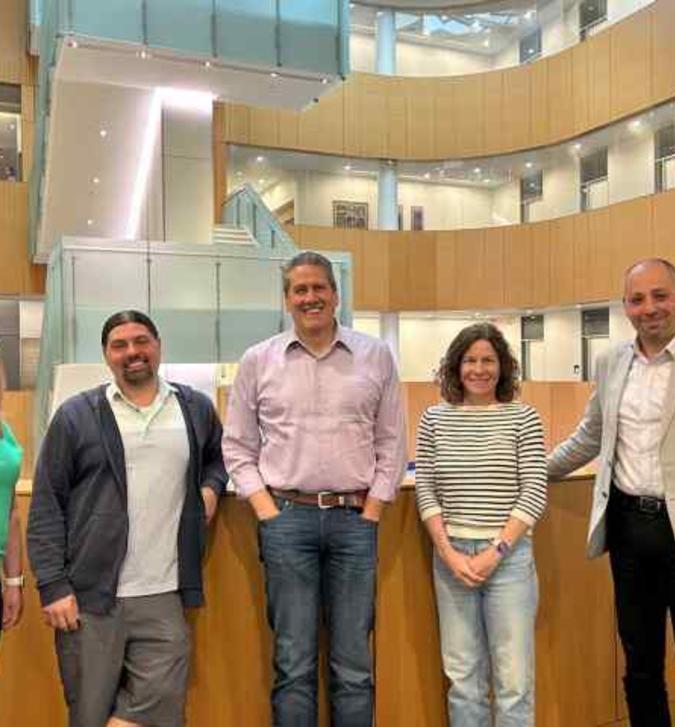
Nathan Schuldt, PhD, Assistant Professor of Pediatrics, receives his first NIH R01 Award!
Nathan Schuldt, Ph.D., Assistant Professor of Pediatrics, has received his first NIH R01 Award, entitled "Microbial-induced maternal factors that influence fetal immune development".
Congratulations to Dr. Nathan Schuldt. He has received his first NIH R01 Award for work on maternal microbial factors that influence fetal development. One of the areas of interest in the Schuldt lab is neonatal immune development. The immunology of pregnancy is complex and delicately balanced. While failure to tolerate fetal antigens during pregnancy can result in fetal loss, ineffective immunity to pathogens can threaten the survival of both the fetus and the mother. Fetal tissues and the maternal immune system continuously communicate to maintain this balance. Extracellular vesicles have been identified as an important mode of communication between maternal and fetal tissues. These vesicles bleb off of cells carrying potent combinations of immunomodulatory proteins and mRNA transcripts to communicate across distant tissues and through barriers. Maternal immune cells have also been observed to cross the placental border and take up residence in fetal tissues, where they can remain for the life of the offspring. The role and impact of these cells on offspring's immune development and function remains unclear. At birth, the adaptive immune system is underdeveloped and may function differently than that of adults. As a result, infections are common in neonates and infants. The Schuldt Lab has begun a collaboration to investigate how early microbial exposure influences the development of adaptive immunity. An improved understanding of neonatal adaptive immunity could lead to improved vaccine platforms.



